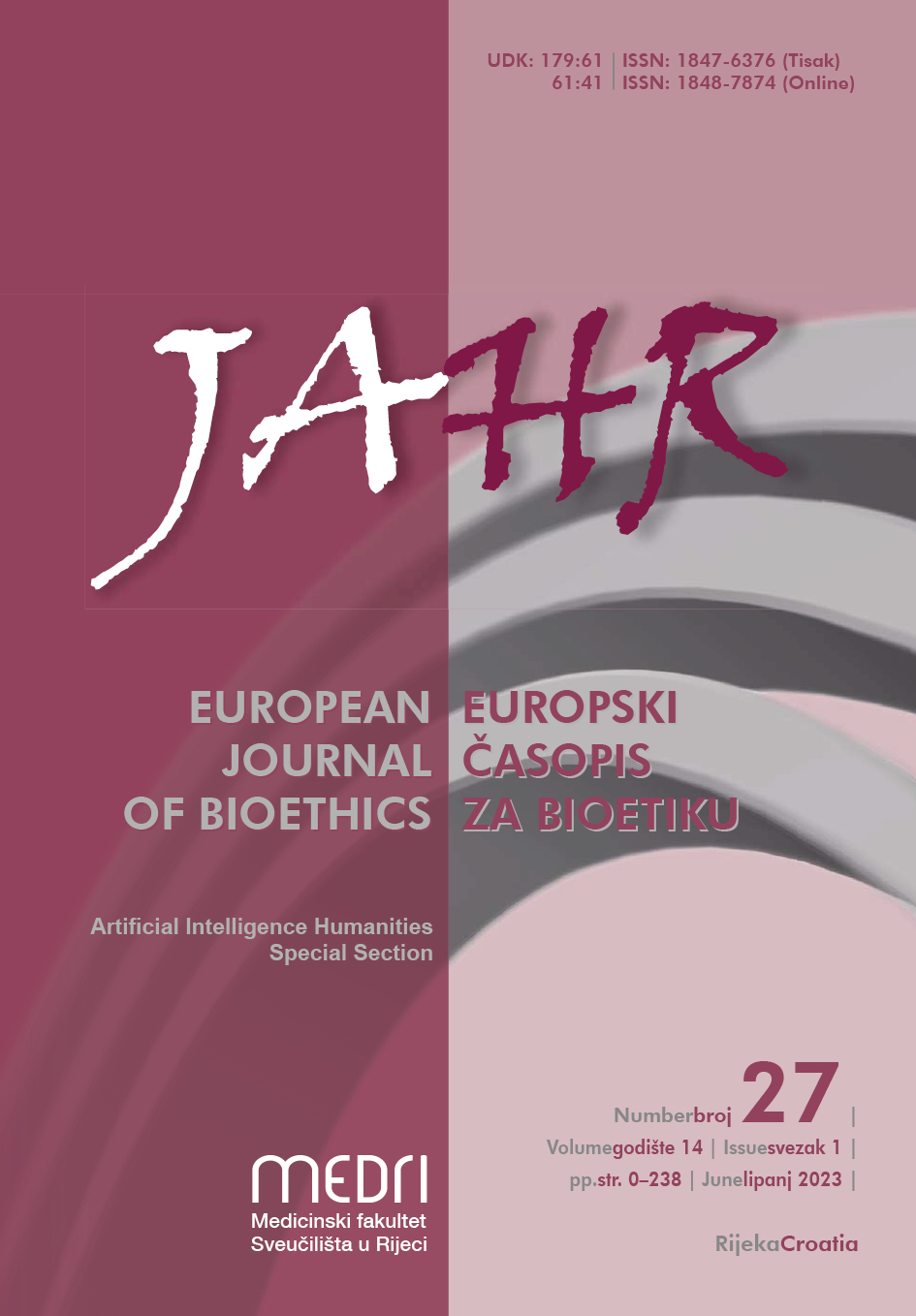Speciesism in the Croatian language
Keywords:
bioethics, Croatian language, speciesism, zoosemioticsAbstract
https://doi.org/10.21860/j.14.1.6
In constructing an image of the world using linguistic constructs, people often (in)justifiably simplify and generalize schemes that do not correspond with facts (Bertoša 1999: 65). Human perception of animals and animalistic characteristics is therefore often highly polarized – animals are either helpful or useless, good or evil, and intelligent or stupid. The human abuse of language in speech expressions that refer to animals and animalistic references reflects an anthropocentric image of the world, i.e., an image characteristic of speciesism. The paper will semantically describe speciesism in the Croatian language, in which the same linguistic and sociolinguistic pattern has been confirmed: in a speciesist vocabulary, i.e., by using speech expressions that refer to animals and animalistic, humans allow the interests of their own species to prevail over the interests of members of other species. The paper lists possible non-speciesist definitions of the meaning of words for the biological functions of conception, pregnancy, birth, death, and dead bodies in expressions related to humans and animals.
Downloads
Published
Issue
Section
License
Authors who publish with this journal agree to the following terms:
- Authors retain copyright and grant the journal right of first publication with the work simultaneously licensed under a Creative Commons Attribution License that allows others to share the work with an acknowledgement of the work's authorship and initial publication in this journal.
- Authors are able to enter into separate, additional contractual arrangements for the non-exclusive distribution of the journal's published version of the work (e.g., post it to an institutional repository or publish it in a book), with an acknowledgement of its initial publication in this journal.
- Authors are permitted and encouraged to post their work online (e.g., in institutional repositories or on their website) prior to and during the submission process, as it can lead to productive exchanges, as well as earlier and greater citation of published work (See The Effect of Open Access).



